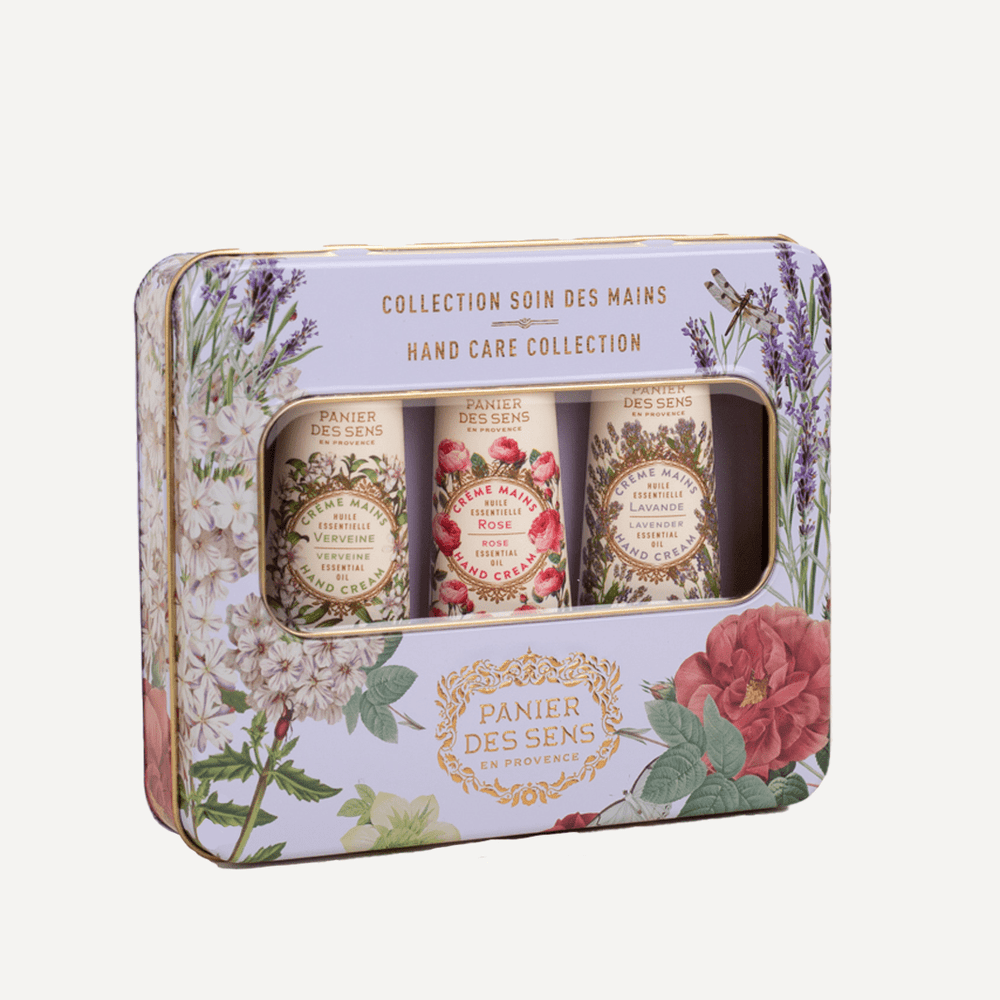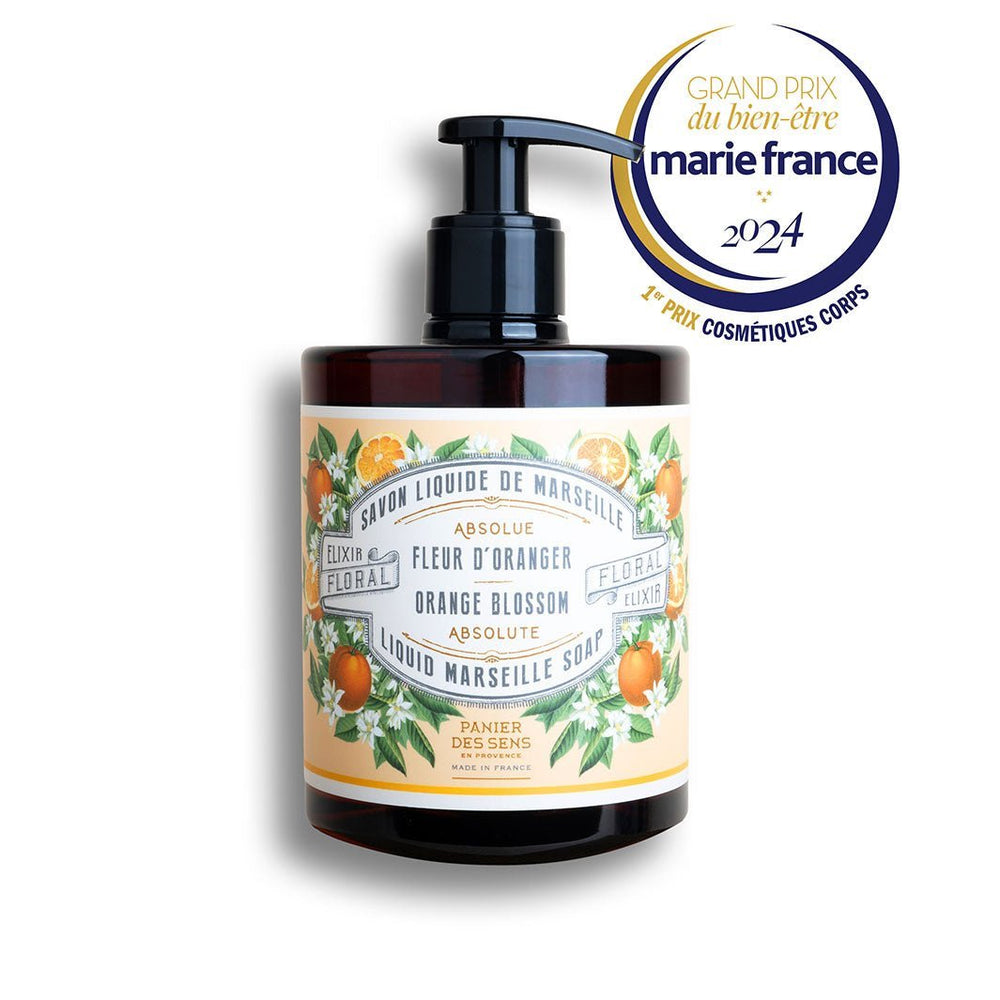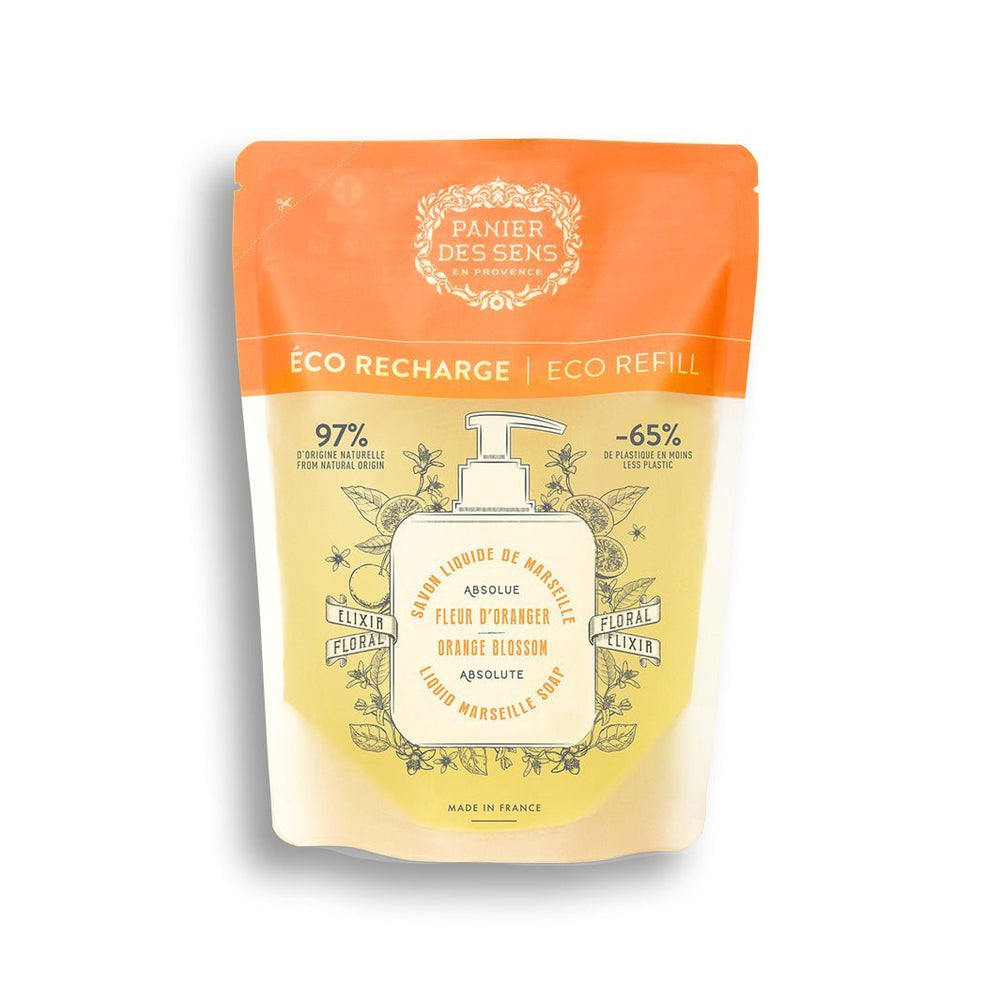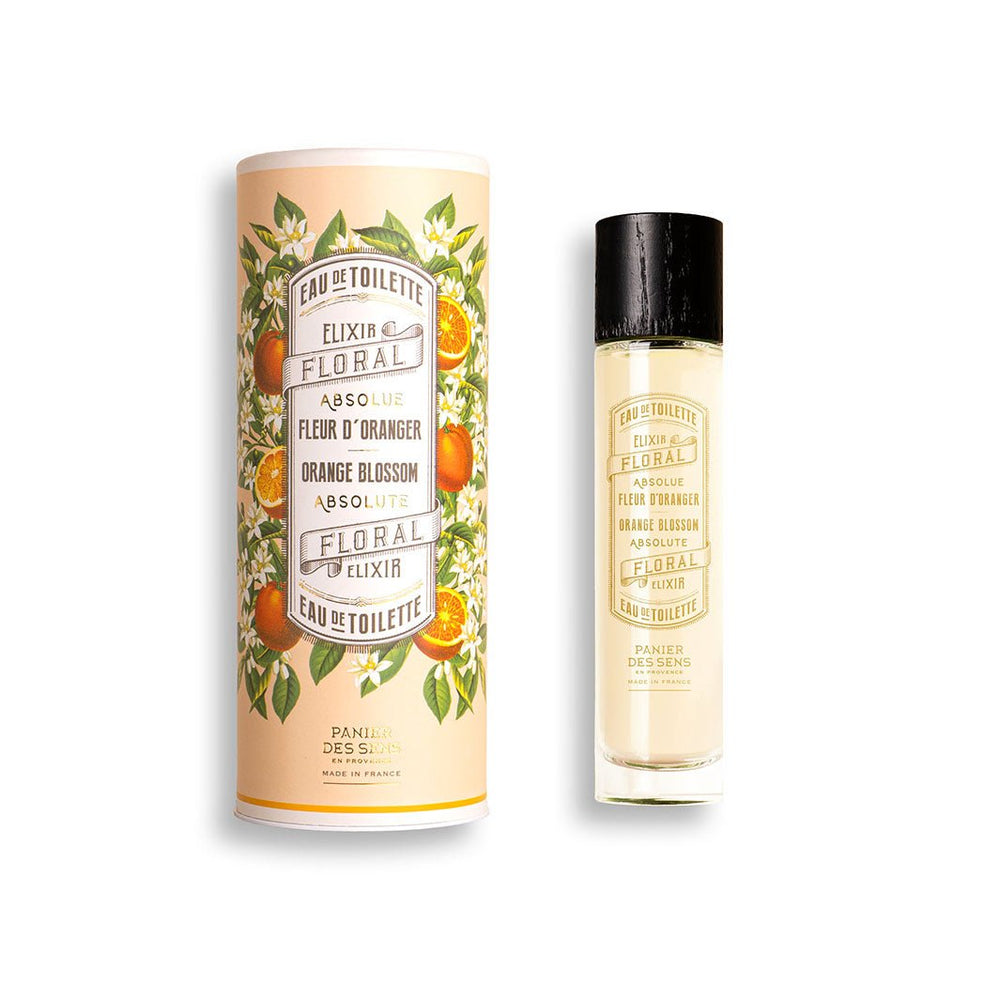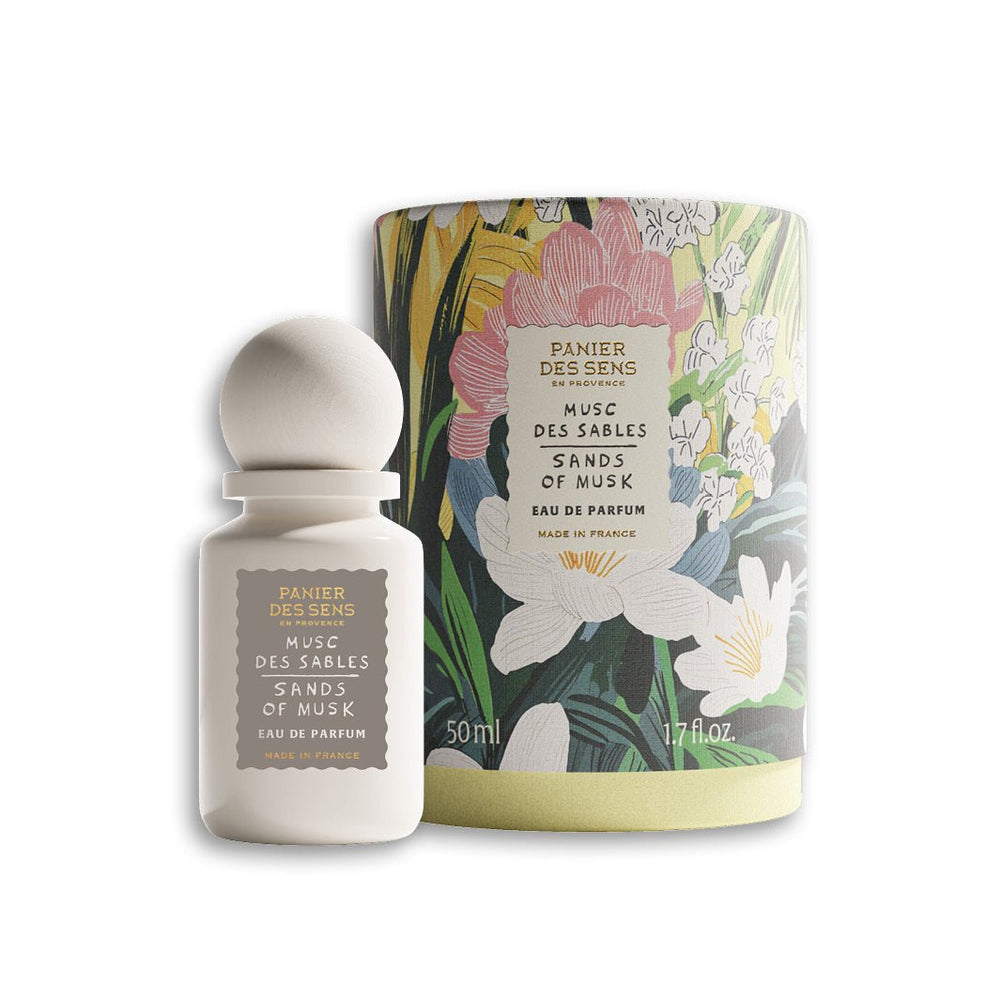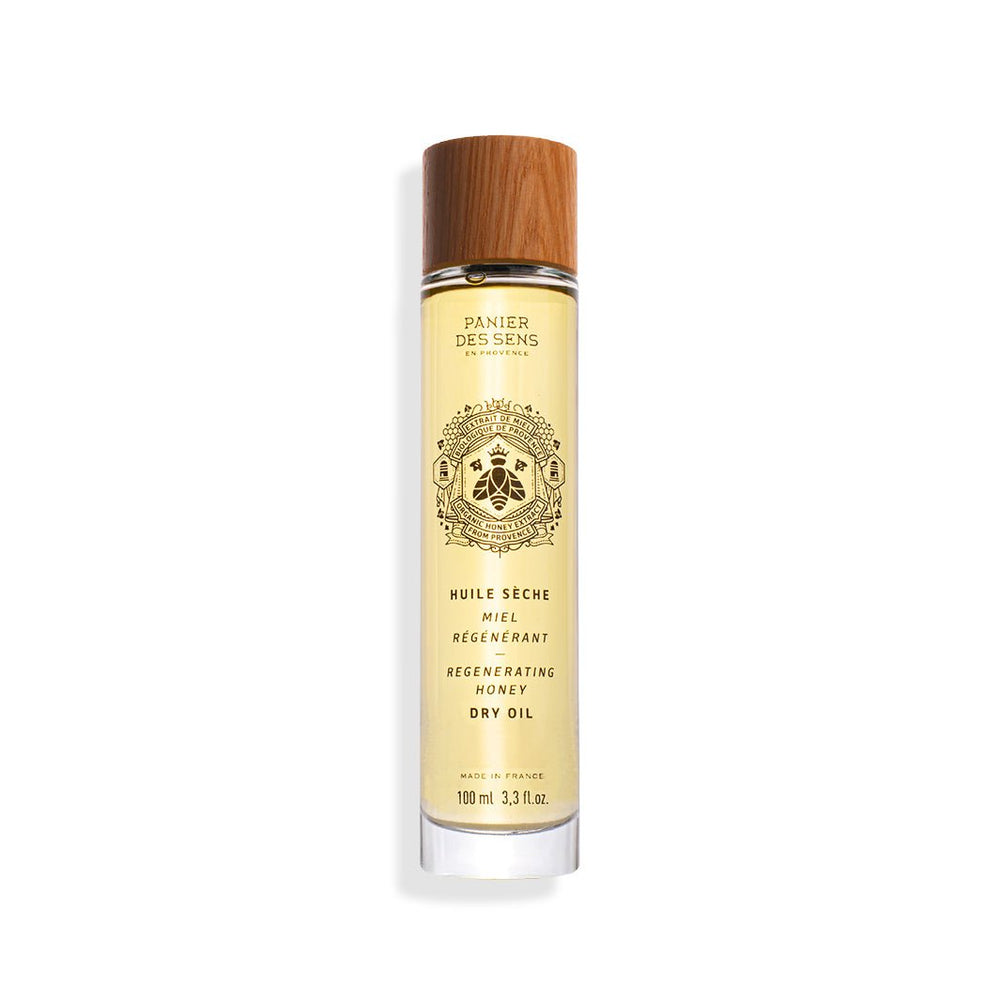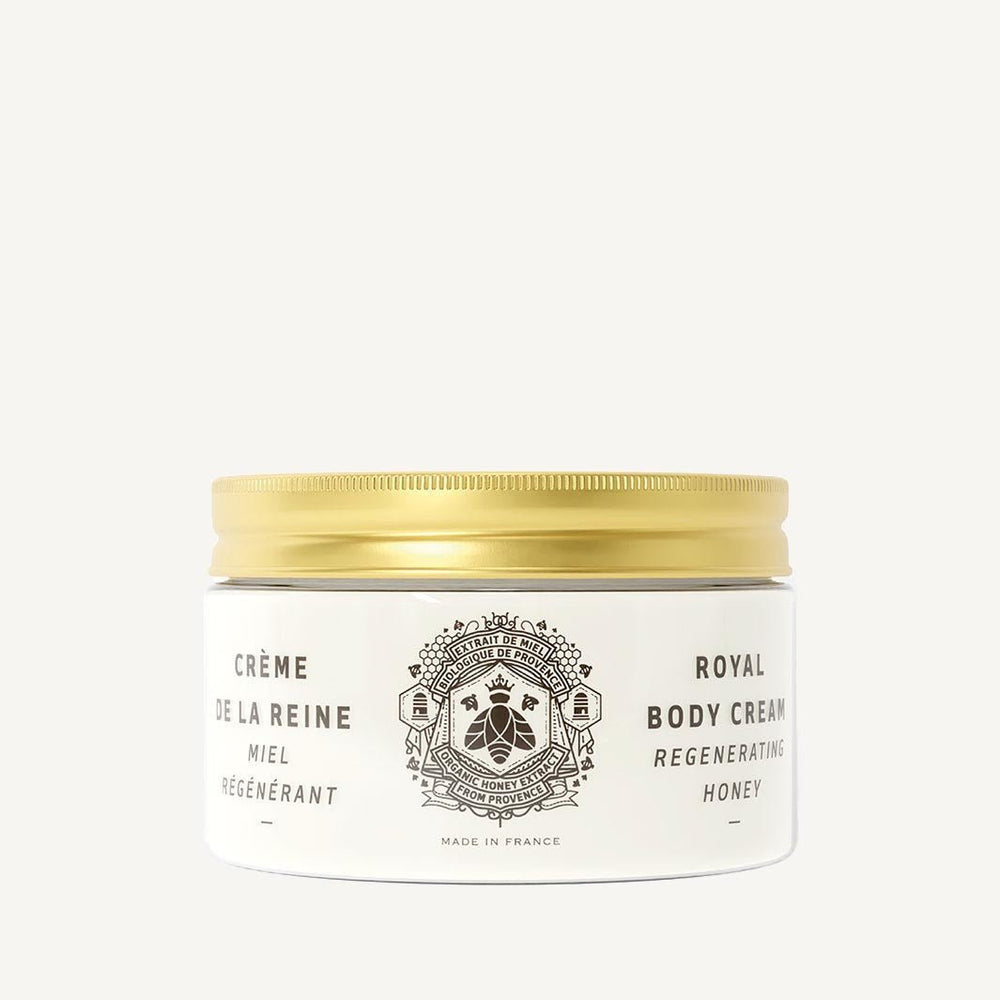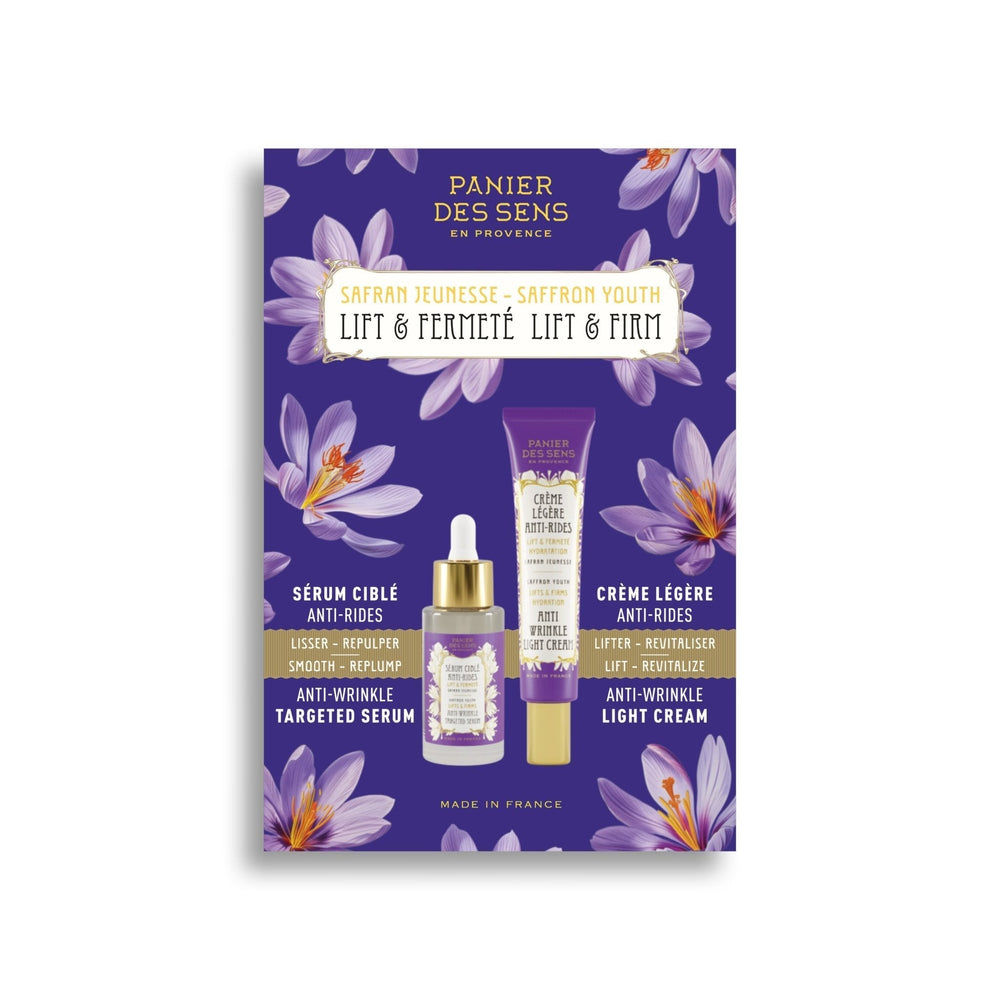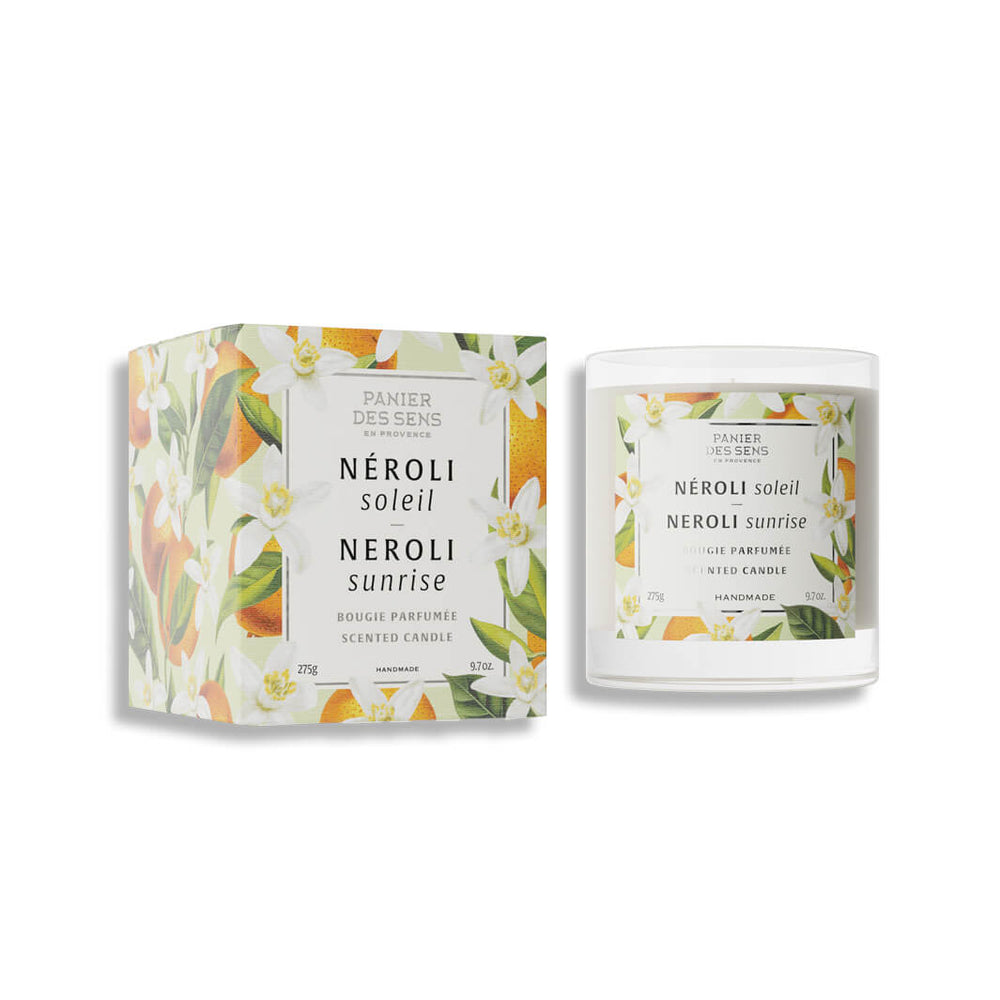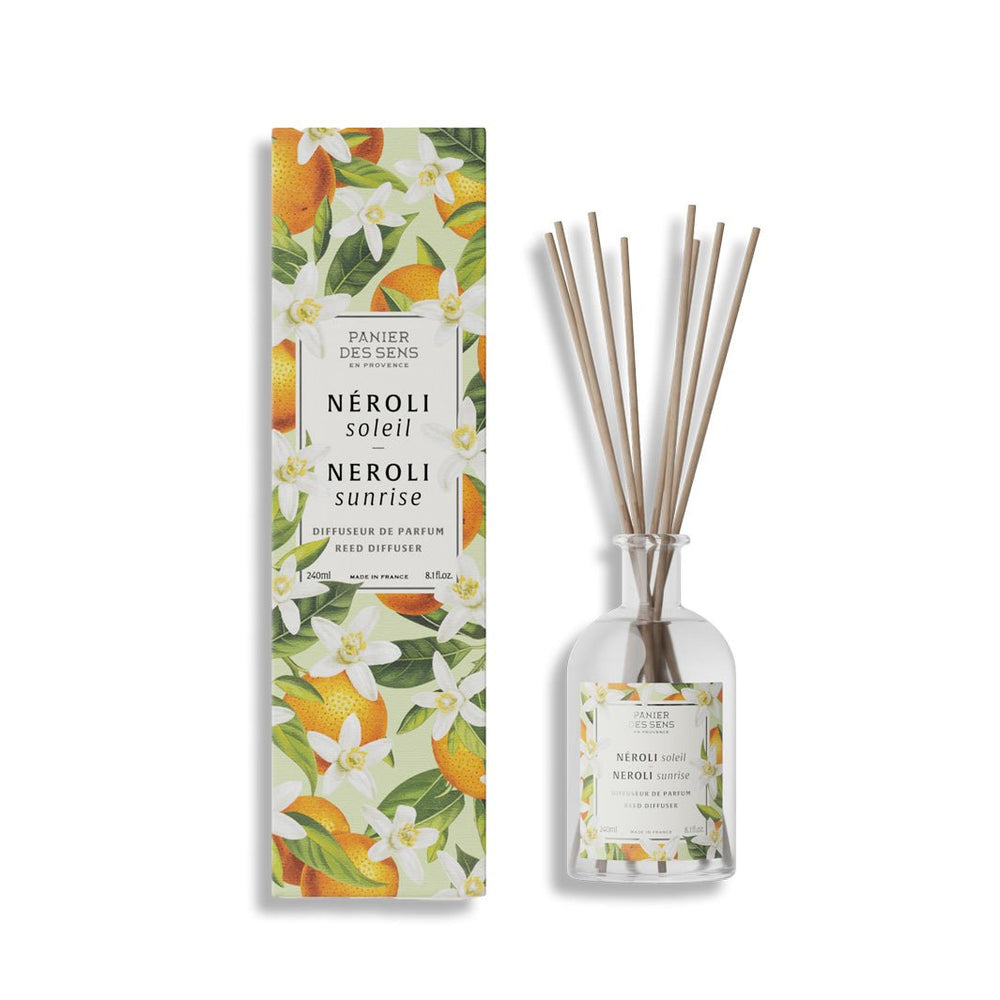Is Marseille soap recommended for people with psoriasis or eczema?
The search for gentle skin care solutions, particularly for conditions such as eczema and psoriasis, is driving interest in natural, effective products. Marseille soap is part of this quest for skin well-being, thanks to its recognized properties and ancestral use. Often praised for its natural composition, this soap offers a hypoallergenic, moisturizing alternative to conventional skin care products. But is this reputation justified when it comes to sensitive skin affected by dermatological disorders?
We will explore the unique properties of Marseille soap and their relevance for sensitive skin, while highlighting the benefits of its natural composition. A comparison will be made with other skincare products to highlight the advantages of Marseille soap over the more chemical options available on the market. Finally, we provide practical advice on the appropriate use of Marseille soap for psoriasis and eczema sufferers, to help them safely integrate this skincare product into their daily routine. Let's take a closer look at Marseille soap's proven efficacy against skin infections, and how it positions itself as a preferred skincare product for problem skin.

Marseille soap properties and benefits for sensitive skin
Marseille soap's natural, hypoallergenic composition
Authentic Marseille soap is distinguished by its pure composition, a godsend for delicate skin. Made using an ancestral process, this gentle cleanser contains mainly vegetable oil and potassium, with no synthetic additives. This simplicity gives it remarkable hypoallergenic properties, making it a precious ally for those suffering from skin conditions such as psoriasis or eczema.
Moisturizing and soothing effects on problem skin
Liquid Marseille soap is a panacea for skin thirsty formoisture. Its natural glycerine content provides a moisturizing effect that leaves skin supple and nourished after each wash. Contrary to popular belief, traditional solid soap can sometimes dry out the skin due to the hot saponification process, which can reduce its glycerine content. On the other hand, certain modern processes enable us to obtain a soap paste ready to be molded in just a few hours, thus better preserving its moisturizing qualities. It's this type of innovative method that is being adopted by forward-thinking companies in the fats and oils sector, ensuring consistency in the quality of the finished product and offering welcome relief to irritated or parched epidermis.
Comparison with other skin care products
Advantages of Marseille soap over chemical products
In a world where supermarket shelves are overflowing with products with complex formulas and unpronounceable ingredients, Marseille soap stands out for its natural formula. Free from colorants, artificial fragrances and petroleum derivatives, it is perceived as an oasis in the desert of industrial cosmetics. Sensitive skin or skin prone to reactions such as eczema and psoriasis can find in it a benevolent companion that cleanses without aggressing. While some cleansers are accused of exacerbating the irritating symptoms of these conditions, Marseille soap offers respectful cleansing and helps maintain the delicate balance of the skin's protective hydrolipidic film.
Natural alternatives and relative efficiency
Some natural alternatives to traditional soap, such as soap-free cleansers or surgras formulas, have appeared on the market, promising gentleness and respect for the skin. These products often boast a neutral or near-skin pH, as well as a composition rich in moisturizing agents. However, despite their claimed virtues, they can sometimes contain surfactants that are less well tolerated by reactive epidermis. Marseille soap retains its advantage thanks to its natural cleansing agents, which produce a generous lather without irritating the skin. What's more, unlike liniment, which can be contraindicated when the skin is too irritated, Marseille soap retains its soothing properties even in these difficult conditions.
Precautions and specific recommendations for psoriasis and eczema
Directions for use to minimize irritation
When it comes to treating skin affected by psoriasis or eczema, every gesture counts. Marseille soap must be used with care to avoid exacerbating symptoms. Here are a few practical tips for optimal use:
- Use lukewarm rather than hot water when washing to avoid further skin irritation;
- Apply soap gently, without rubbing, using gentle circular movements;
- Rinse thoroughly to avoid leaving any residue that could dry out the skin or cause itching;
- Pat the skin dry with a clean, soft towel instead of rubbing vigorously;
- Moisturize immediately after drying with an emollient or cream specially formulated for atopic skin.
Integrating Marseille soap into your skincare routine
For those living with psoriasis or eczema, integrating Marseille soap into their daily routine may seem complex. Nevertheless, its gentle nature and moisturizing properties make it an ideal candidate, provided it is used in a well-thought-out framework. A suitable skincare routine might look something like this:
- Start by cleaning the affected area with Marseille soap, following the advice given above;
- Include complementary products that respect sensitive skin, such as soothing lotions and vegetable oils rich in essential fatty acids;
- Limit sun exposure after using soap, as some formulas can make skin more sensitive to UV rays despite their moisturizing benefits;
- Follow up regularly with a dermatologist to adjust the products used according to the evolution of skin symptoms.
These simple but crucial steps enable Marseille soap to be used as a major asset in the daily management of psoriasis and eczema, while respecting and preserving the fragile skin barrier of those affected by these demanding dermatological conditions.
We recommend these other pages:


